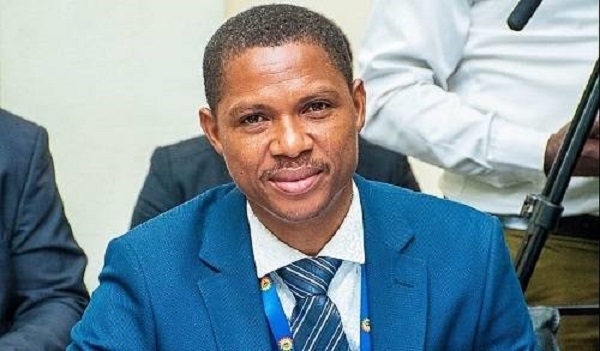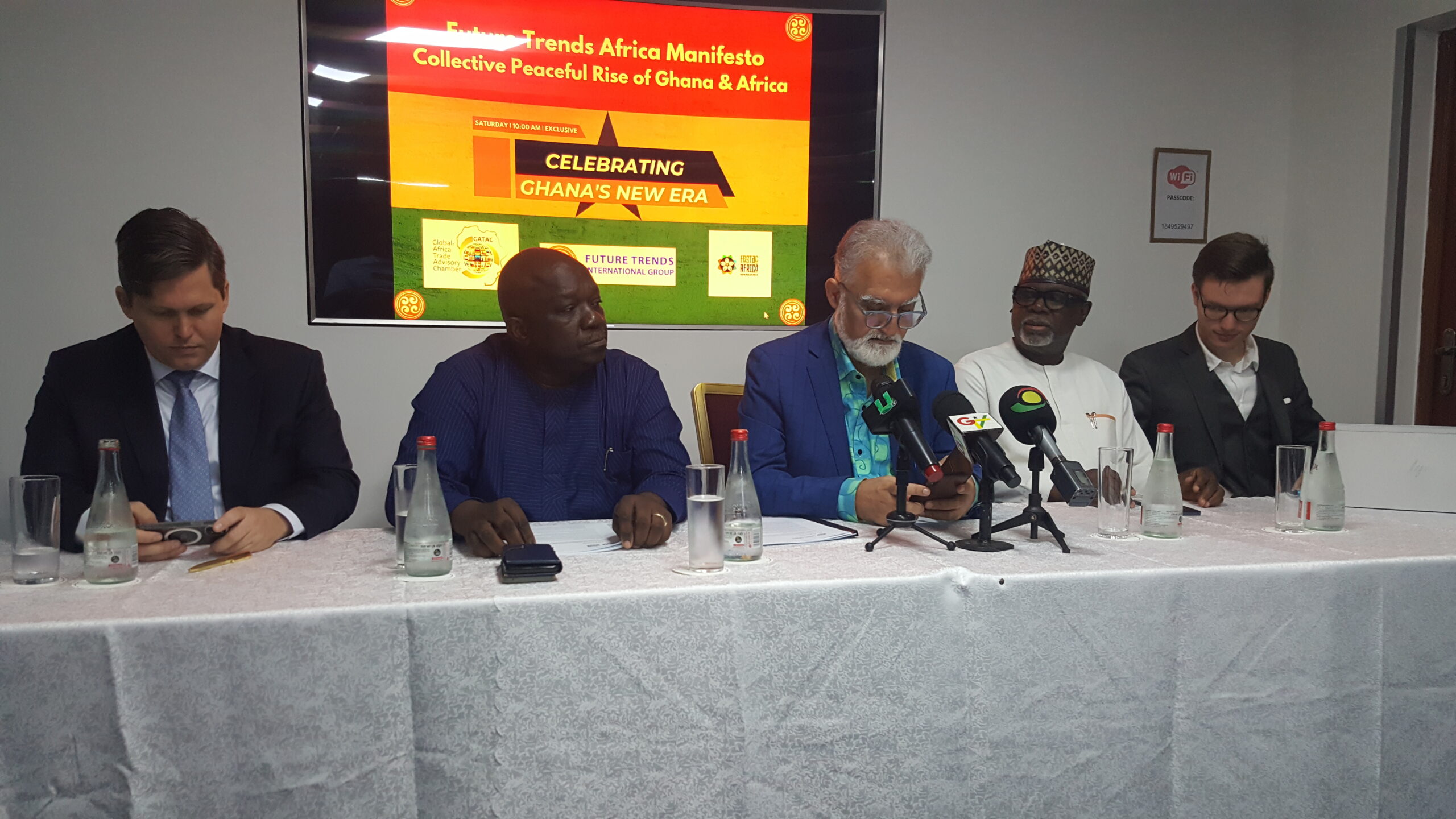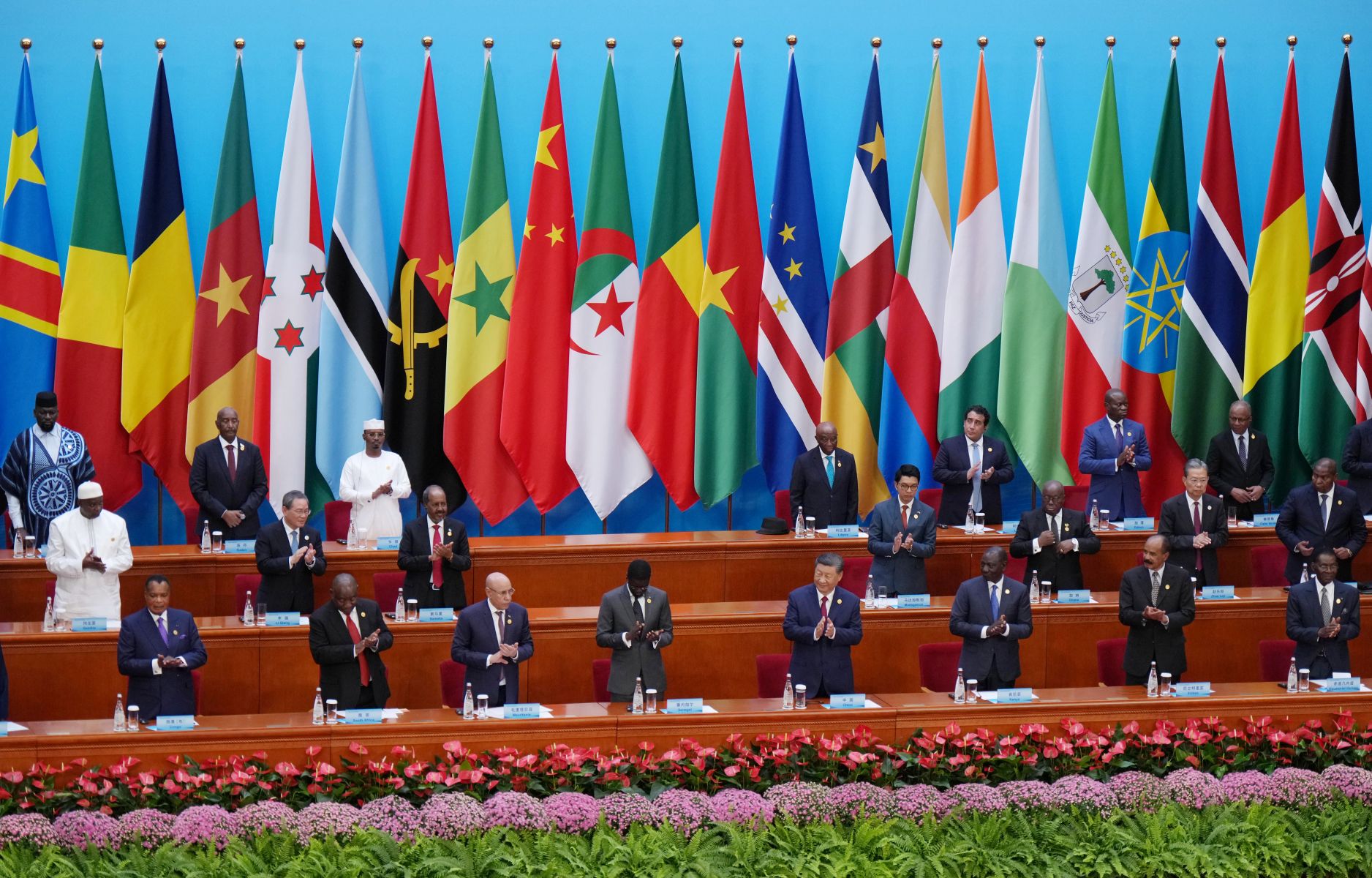






In 2024, Africa has emerged as a pivotal player in global development, showcasing resilience and strengthening ties with the Global South. The International Monetary Fund (IMF) reported that Africa is one of the fastest-growing regions, with projected economic growth rates of 3.7% in 2024 and 4.3% in 2025. This growth is underpinned by a series of smooth elections in countries like Comoros and Senegal, which prioritized economic development and stability. [71c98b60]
However, recent analysis from The Economist highlights a concerning trend: the economic gap between Africa and the rest of the world is widening. John McDermott points out that while Africa is undergoing significant social changes, it is not experiencing corresponding economic transformation. Productivity in agriculture and among workers remains stagnant, and there is an excess of businesses without sufficient activity to drive growth. The investment environment is deteriorating, with declining sources of finance, which poses a challenge for future development. To avoid a zero-sum future, African elites must align their ambitions with national needs, fostering a new surge of economic ambition across the continent. [71c98b60]
A significant driver of Africa's economic momentum is the African Continental Free Trade Area (AfCFTA), which is expected to boost intra-regional trade from $192.2 billion in 2023 to an impressive $520 billion by 2030. The World Bank forecasts that the AfCFTA will lead to a 7% increase in income and lift 30 million people out of extreme poverty by 2035. Additionally, the number of internet users in Africa has surged from 181 million in 2014 to nearly 646 million in 2024, indicating a rapid digital transformation across the continent. [8fffa7f1]
In a strategic move, the Ghanaian government is promoting a 24-Hour Economy policy to leverage opportunities from the AfCFTA, which aims to unify 54 African countries with a combined GDP of US$3.4 trillion. MP Francis-Xavier Kojo Sosu emphasized the policy's potential to enhance industrial activity and create jobs. He noted that the synergy between the 24-hour economy and AfCFTA's market opportunities is crucial for Ghana's economic growth. If fully implemented, the AfCFTA is expected to generate US$450 billion in income gains by 2035, but challenges remain, including the need for political will, policy harmonization, and infrastructure development. Mr. Sosu called for legislative support to cement Ghana's role in AfCFTA and urged strategic investments in trade-related infrastructure and capacity building for SMEs to maximize the AfCFTA's benefits. [4760ce5f] [8fffa7f1]
The geopolitical landscape has also shifted, with Egypt and Ethiopia joining BRICS on January 1, 2024, marking a significant expansion of this influential group. Furthermore, the African Union participated in the G20 summit for the first time in November 2024, highlighting Africa's growing role in global governance. South Africa assumed the G20 presidency on December 1, 2024, further solidifying the continent's leadership on the world stage. [5db5f714]
In a recent development, African leaders are being urged to embrace a new economic plan proposed by Dr. Farzarm Kamalabadi, which aims to create a $60 trillion economy, moving away from the African Union’s Vision 2063. This manifesto promotes the 'Source Mentality' to generate domestic wealth and reduce reliance on foreign investments. Key initiatives include establishing resource banks, activating crowdfunding, and creating a hybrid Sovereign Wealth Fund. The proposal has garnered support from over 500 national leaders across 20 African nations, indicating a significant shift in focus towards domestic economic transformation. Dr. Kamalabadi, known for his influence in China's economic rise, aims to unify various societal segments for this transformation. [2e73eacf] [15acff03] [45dfb913] [a32e0d5c] [366310d6]